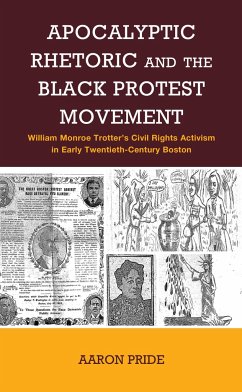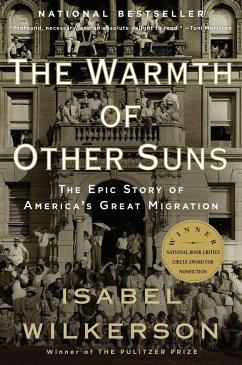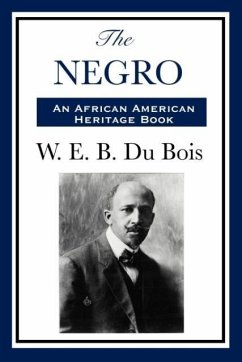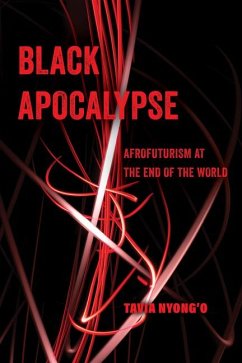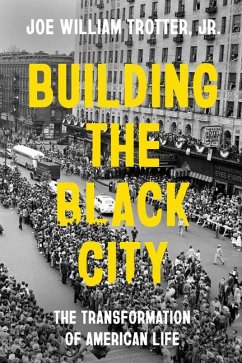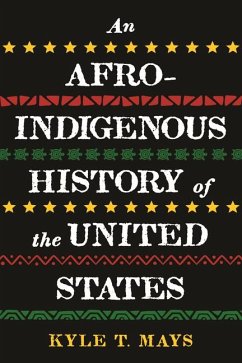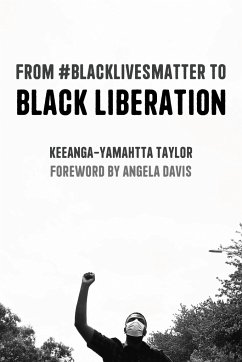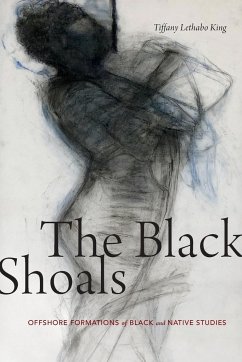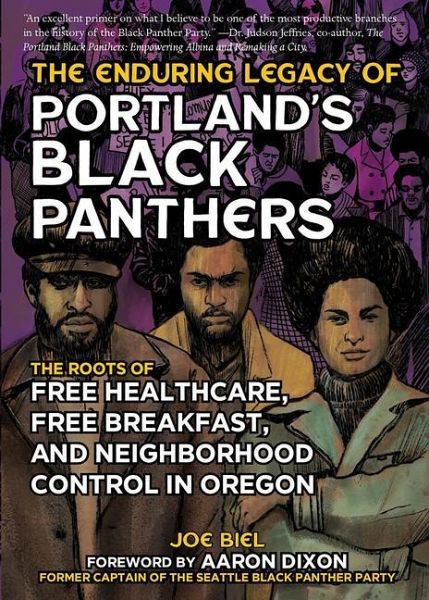
The Enduring Legacy of Portland's Black Panthers: The Roots of Free Healthcare, Free Breakfast, and Neighborhood Control in Oregon
Versandkostenfrei!
Versandfertig in über 4 Wochen
12,99 €
inkl. MwSt.

PAYBACK Punkte
6 °P sammeln!
In the 1960s through 1980s, the Black Panther Party rose up throughout the United States, envisioning a world without systemic racism and police violence. This is the story of Portland, Oregon's chapter of the Party, told from original interviews, first-hand accounts, and extensive research, including police surveillance documents. This account shows a vivid picture of neighborhood activists determined to improve their community by creating their own social services, and wildly succeeding--despite the best attempts of police, city officials, and media to paint them as violent extremists, and t...
In the 1960s through 1980s, the Black Panther Party rose up throughout the United States, envisioning a world without systemic racism and police violence. This is the story of Portland, Oregon's chapter of the Party, told from original interviews, first-hand accounts, and extensive research, including police surveillance documents. This account shows a vivid picture of neighborhood activists determined to improve their community by creating their own social services, and wildly succeeding--despite the best attempts of police, city officials, and media to paint them as violent extremists, and to spy on, infiltrate, and violently suppress their activities. Portland's Black Panther chapter innovated healthy free breakfasts for children in poverty, the longest-running Panther free health clinic, the Panthers' first dental clinic, and a powerful system of self-directing neighborhood associations. Joe Biel's account shows that the Portland chapter's successes resound to this day, with current programs for free breakfasts in schools, Portland's strong neighborhood associations, and even the Oregon Health Plan owing their existence to Black Panther initiatives. Despite a racist city hall and police force, Black Panthers in Portland persisted, outlasting most branches in the United States and permanently changing the city for the better. All author proceeds are being donated to the movement.



